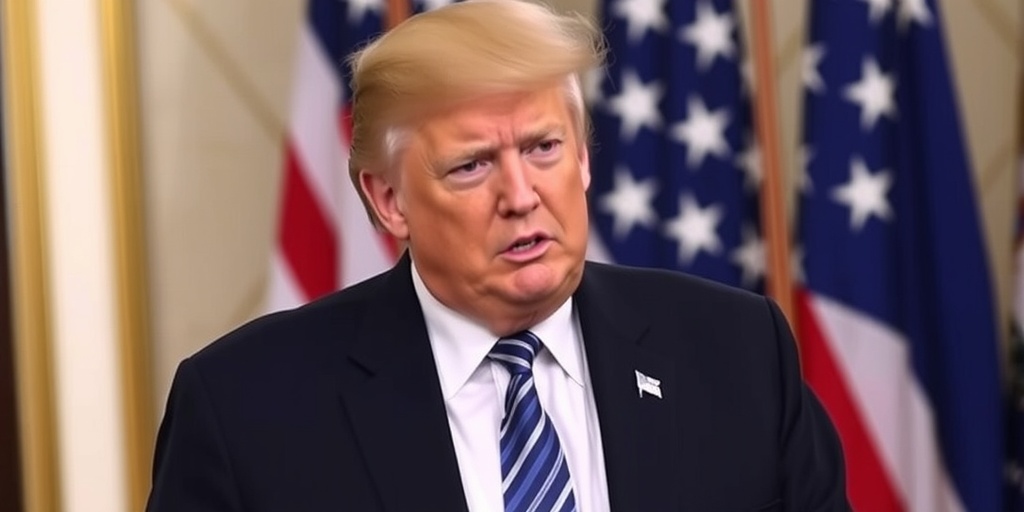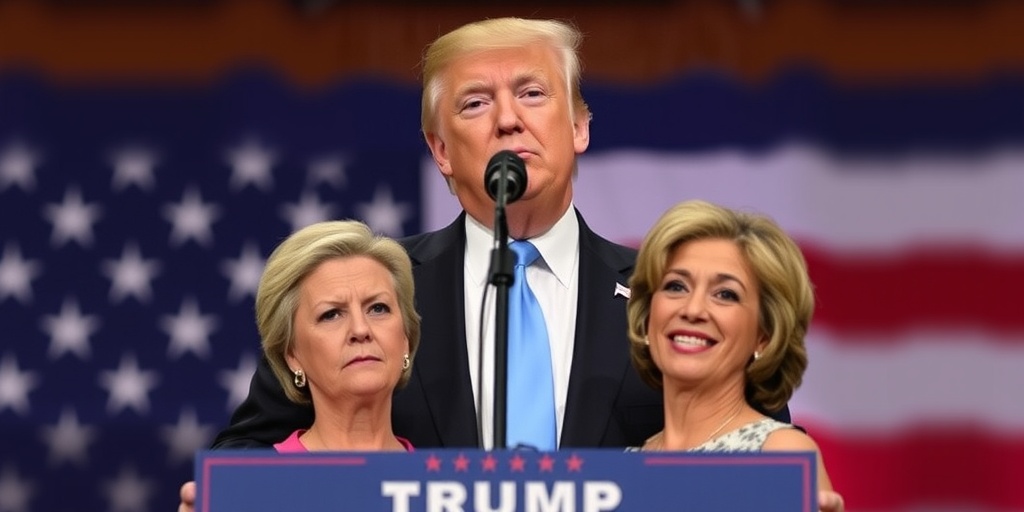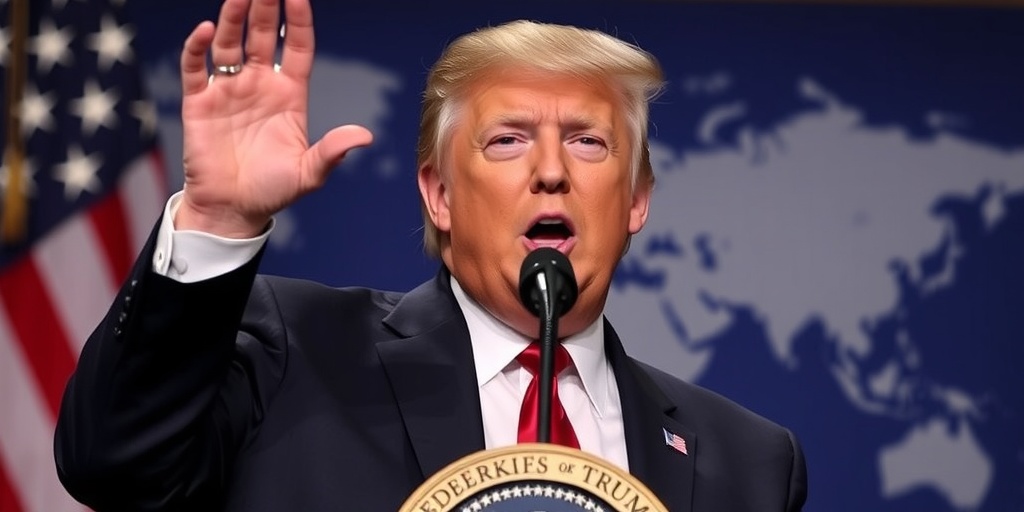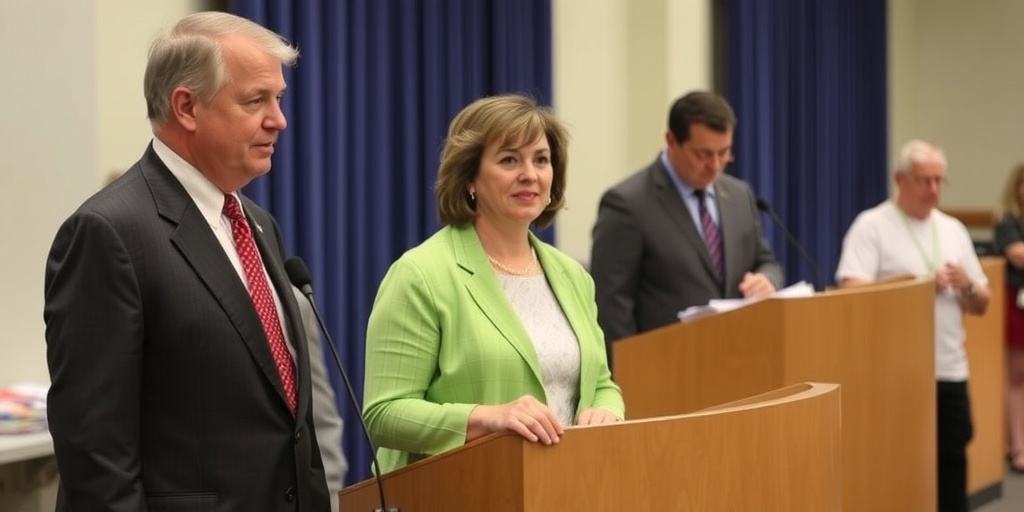Now Reading: Supreme Court Hears Challenge to South Carolina’s Planned Parenthood Defunding
-
01
Supreme Court Hears Challenge to South Carolina’s Planned Parenthood Defunding
Supreme Court Hears Challenge to South Carolina’s Planned Parenthood Defunding
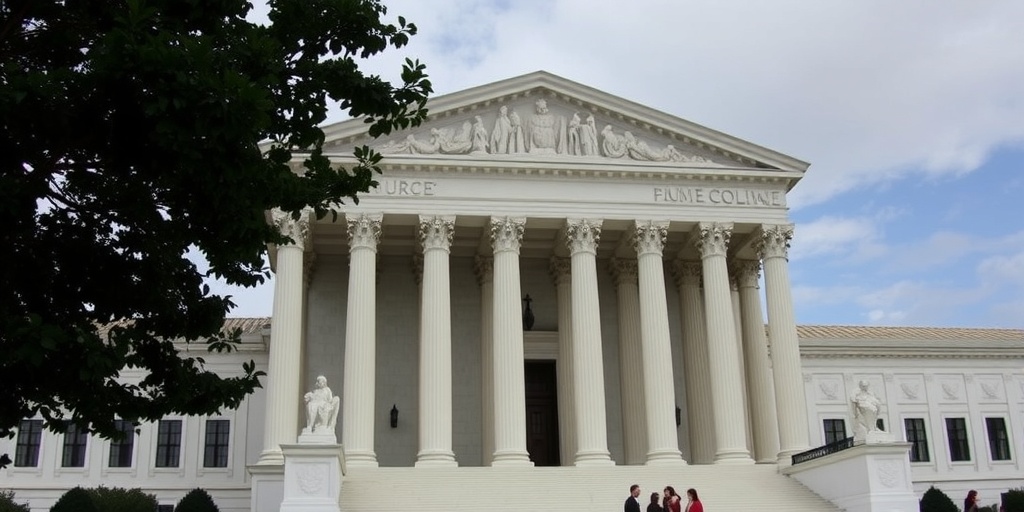
Supreme Court Hears Arguments on Planned Parenthood Funding Case in South Carolina
On Wednesday, the Supreme Court engaged in oral arguments concerning a contentious case that originated from South Carolina’s efforts to strip funding from Planned Parenthood. The focal point of the discussions was a specific legal question: whether individuals have the right to sue the state for medical services provided by Planned Parenthood that are unrelated to abortion.
In 2018, South Carolina Governor Henry McMaster, a Republican, enacted a directive to halt Medicaid funds to Planned Parenthood. He justified this decision by claiming that taxpayer funds allocated to abortion clinics, regardless of the purpose, effectively subsidize abortion services and undermine the right to life.
Medicaid is a federal program that provides financial assistance to states for healthcare services to low-income individuals. However, it comes with certain stipulations; one such stipulation is that eligible individuals may seek assistance from any provider that is qualified to deliver the necessary medical services.
In South Carolina, abortions are prohibited after six weeks of pregnancy, and even in circumstances allowed under federal law (such as life-threatening situations or instances of rape or incest), Medicaid funding for abortions is restricted. Regardless, Planned Parenthood’s clinics in Charleston and Columbia offer essential healthcare services unrelated to abortion, including counseling, routine physical exams, contraception, and screenings for both cancer and sexually transmitted infections.
In response to the loss of funding, Planned Parenthood, along with a patient seeking contraceptive services, filed a lawsuit citing a federal civil rights law. A federal trial judge ruled in their favor, blocking South Carolina’s directive on the grounds that it was incompatible with Medicaid’s regulation that allows patients to choose any qualified healthcare provider.
The subsequent litigation grew complex, with the court’s discussions primarily centering on whether Medicaid’s language explicitly creates a right that individuals can enforce via litigation. The Supreme Court has previously asserted that federal legislation like Medicaid, which provides funding to states contingent on meeting specific conditions, must clearly "unambiguously confer individual federal rights" for affected individuals to have the standing to sue.
Meeting this standard is challenging, as the Supreme Court has historically indicated that such clarity has only been met in rare instances. The recent case cited, Health and Hospital Corporation of Marion County v. Talevski, served as an example where the court found the statute in question explicitly referenced individual rights. In contrast, the Medicaid provision at issue in the South Carolina case employs different terminology.
Legal counsel for Planned Parenthood, Nicole A. Saharsky, acknowledged the stringent nature of the standard. “It is a high bar to find that Congress put in place an individually enforceable right,” she stated, arguing that the provision in question does indeed meet this threshold.
Conversely, Kyle D. Hawkins, representing the Trump administration, contended that the Medicaid provision did not include the unmistakable "rights-creating language" necessary to support a lawsuit. He noted that the position had shifted with the transition to the Biden administration, which favored a different interpretation of the statute.
The justices debated extensively whether Congress should be required to use "magic words" to grant individuals the right to sue. John J. Bursch, representing South Carolina, provided suggestions for explicit language that could convey an unequivocal right to litigate, including terms like "rights," "entitlement," "privilege," and "immunities."
Justice Brett M. Kavanaugh remarked on the necessity of such clarity, suggesting that the absence of precise language results in unnecessary legal disputes that waste valuable resources for states, courts, healthcare providers, and patients alike. Justice Elena Kagan countered, arguing that the current language in the Medicaid law is sufficiently straightforward, emphasizing, “The state must ensure that individuals have a right to choose their doctor.”
In a significant ruling last year, a unanimous panel from the U.S. Court of Appeals for the Fourth Circuit determined that the lawsuit should proceed. Judge J. Harvie Wilkinson III, representing the panel, emphasized that the case centers on whether Congress has conferred an individually enforceable right for Medicaid beneficiaries to freely choose their healthcare providers. He stressed that maintaining access to Planned Parenthood and similar providers is essential to ensuring affordable healthcare for countless mothers and infants in South Carolina, asserting, “This decision is not about funding or providing abortions.”
During the oral arguments, although the subject of abortion was only briefly mentioned, Saharsky insisted that the case extends beyond mere legal technicalities about suing rights. She articulated a broader message Congress aimed to communicate: “We want individuals on Medicaid, those insured through Medicaid, to have the same rights as those who carry private insurance, as this is foundational to individual dignity and autonomy.”
As the case progresses, it continues to spotlight the intersection of healthcare rights, legislation, and the significant implications of funding decisions made by state governments. The Supreme Court’s eventual ruling promises to have far-reaching consequences for Medicaid beneficiaries and the healthcare landscape in South Carolina and beyond.
Stay Informed With the Latest & Most Important News
Previous Post
Next Post
-
 01New technology breakthrough has everyone talking right now
01New technology breakthrough has everyone talking right now -
 02Unbelievable life hack everyone needs to try today
02Unbelievable life hack everyone needs to try today -
 03Fascinating discovery found buried deep beneath the ocean
03Fascinating discovery found buried deep beneath the ocean -
 04Man invents genius device that solves everyday problems
04Man invents genius device that solves everyday problems -
 05Shocking discovery that changes what we know forever
05Shocking discovery that changes what we know forever -
 06Internet goes wild over celebrity’s unexpected fashion choice
06Internet goes wild over celebrity’s unexpected fashion choice -
 07Rare animal sighting stuns scientists and wildlife lovers
07Rare animal sighting stuns scientists and wildlife lovers














